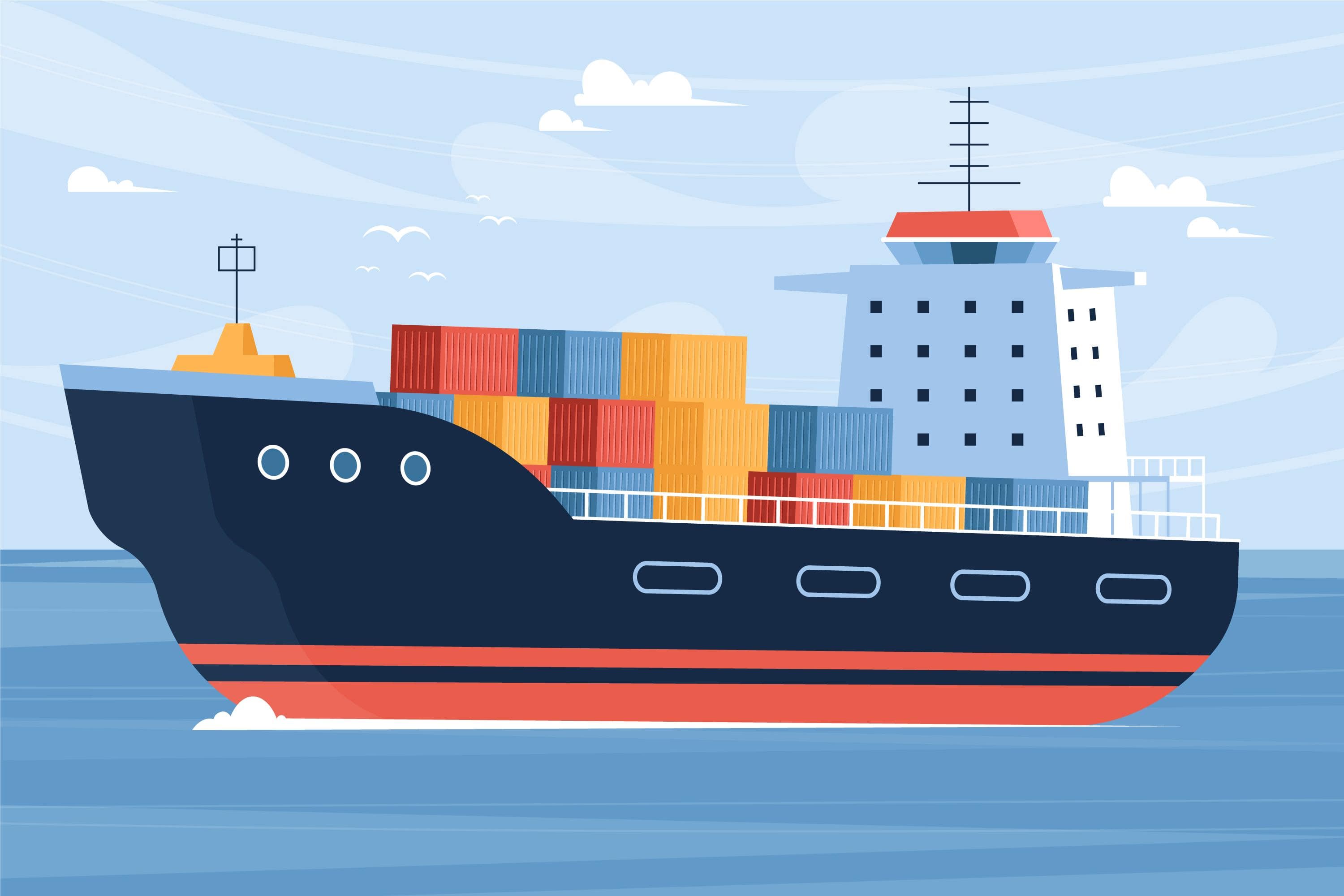
Standard freight solutions — such as dry vans, flatbeds — are designed for general cargo that does not need special handling. They work well for typical items like packaged goods, non-hazardous materials, and standard parcels.
However, they are unsuitable for cargo that is oversized, overweight, fragile, nonpackaged, temperature-sensitive, or hazardous. These types of goods require tailored solutions to ensure safety, maintain regulatory compliance, and protect product integrity.
Such cargo demands specialised equipment, trained personnel, and strict handling practices to prevent accidents like careless stacking or improper loading. Without these precautions, standard freight simply cannot meet the needs of these complex shipments.
Circumventing the special documentation, handling, and packing processes can lead to severe consequences, including property loss, environmental damage, and even death.
On April 26, 2025, an explosion rocked the Shahid Rajaee port in Southern Iran, a vital waterway that handles 20% of global oil trade daily. It injured more than 700 and killed five. The alleged culprit was a shipment of solid fuel that a customer had packed incorrectly. A spokesperson for Iran’s crisis management organization, blamed poor storage conditions.
Meeting minimal requirements may not be enough, resulting in accidents. These incidents are often preventable. For instance, in the case of the 2023 Norfolk Southern derailment, a train derailed, caught fire, and spilled toxic chemicals, devastating a small Ohio town. This incident occurred because the company did not go beyond the basic safety standards required by government regulators.
The Federal Railroad Administration found numerous examples of Norfolk Southern doing the bare minimum rather than addressing safety concerns that fell outside the existing regulatory boundaries. For reference, its rate of accidents per million train miles increased faster than any other major freight railroad from 2018 to 2022.
Transportation is one of the significant causes of vaccine wastage, which occurs when the vaccine is lost before health care professionals can administer it to the general public.
During the COVID-19 pandemic, thousands of doses were damaged or expired due to improper handling or negligence.
Specialized shipping addresses the unique challenges posed by items unsuitable for standard processing facilities, particularly those that pose risks to health, safety, the environment, infrastructure or property. It goes beyond simply understanding restrictions — it requires a proactive approach that incorporates:
Advanced technologies: Sensors, telemetry, dynamic route planning, and near real-time tracking.
Specialized equipment: Refrigerated containers, heavy-haul trucks, and escort vehicles.
Expertise and experience: Carriers with a proven track record in handling dangerous and sensitive goods.
When deciding whether to opt for specialized shipping, decision-makers should carefully evaluate these four aspects.
The first step is to determine freight and regulatory requirements. Then, professionals must select the right equipment and routes for their needs to ensure smooth loading, transportation, and unloading. To do this, they must find an experienced, trustworthy carrier, prioritizing reliability and visibility.
Robust customer support is an overlooked asset. Managers should be able to communicate with carrier staff as needed to ensure their specialized cargo arrives safely and on time. Having around-the-clock access to shipping specialists is a bonus.
Having flexible routes for special or urgent shipments is beneficial when faced with changing regulations — which is one of the main factors affecting supply chains — or time-sensitive deliveries. Carriers leveraging modern telemetry and route selection tools may be able to adjust in near real time, enabling them to optimize the trip continuously.
Custom user dashboards and personalized customer service interactions contribute to service quality and ease of use. They enable tailored insights and seamless reporting, simplifying the typically complex process of specialized shipping.
In Canada, Purolator stands out for its expertise in handling dangerous goods via air and ground. It boasts a model safety and compliance record and accepts more classes of dangerous goods than any other small parcel carrier in the country. This expertise extends to understanding and navigating complex regulations, ensuring compliance at every stage of the shipping process.
Carriers like Purolator are familiar with handling specialized and dangerous cargo. They leverage technologies like global positioning systems, internet-enabled sensors, and fleet management dashboards because they understand what is on the line.
Whether a business requires climate-controlled transport for perishables or high-security solutions for valuable goods, specialised shipping providers deliver these tailored services.
These carriers also utilize specialized equipment — conventional flatbeds and trailer trucks will not work for people transporting oversized loads or temperature-sensitive supplies.
Balancing risk, cost, and service quality is essential when selecting a specialized shipping partner. Prioritize service quality, especially when moving sensitive or dangerous goods, and strive to build strategic partnerships with carriers that demonstrate a commitment to safety, compliance, customer satisfaction, and continuous improvement.
Published on July 17, 2025
Back to Blogs Comment